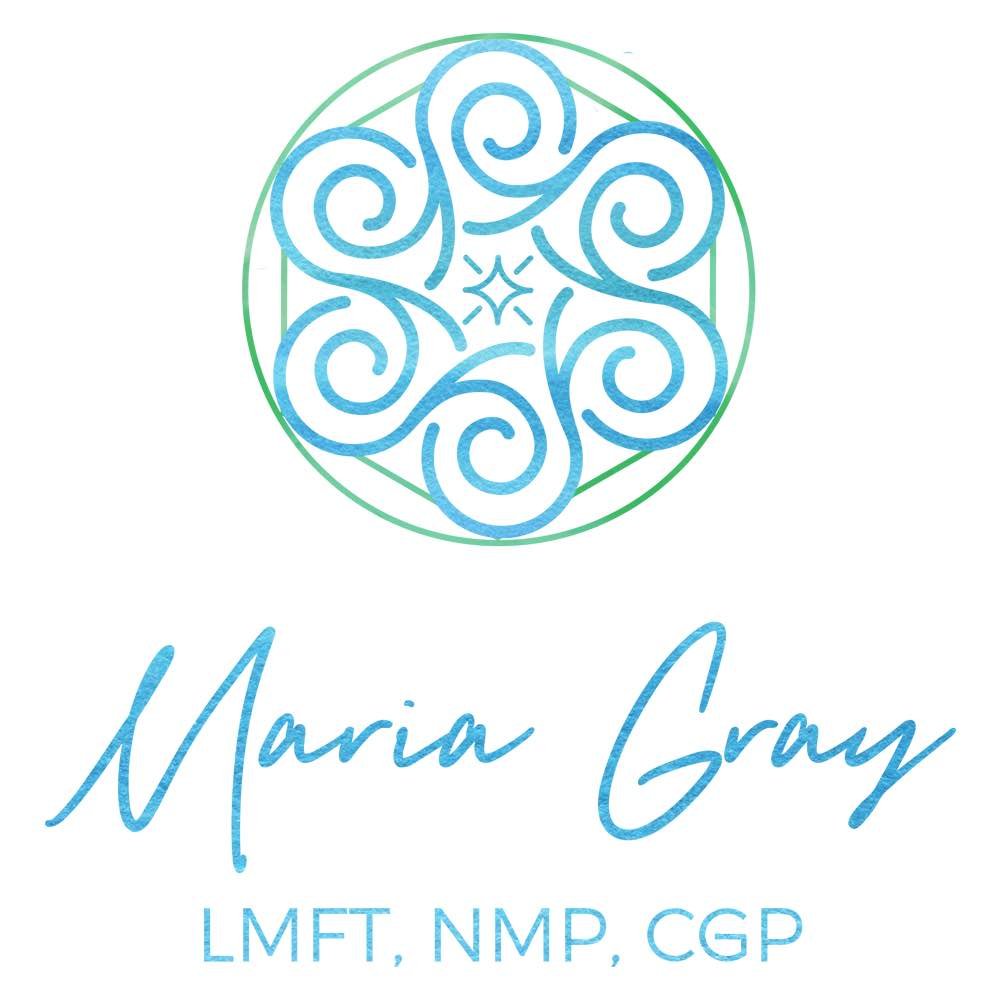Are You Addicted To The Internet?
I am fascinated by our constant need to be occupied or busy; I like to think of it as an overall “addiction to busy” with technology playing a predominant role. Brenee Brown calls it “crazy-busy”. If we are always busy, we don’t have to feel the unpleasant feelings (or pleasant ones) that come up throughout the day; we numb out.
In my prior career, I felt compelled to check my email and phone before, during and after work. After work, my home computer would chime, letting me know I had new messages. I would glance at the screen, intending to answer one or two messages and return to whatever I was doing; before I knew it 30 minutes had passed. I was exhibiting at least one of the symptoms of internet addiction, spending more time online than I had intended. Today I check email several times a day and no longer use alerts on my home computer.
Dr. Kimberly Young is a pioneer in the field of Internet Addiction. She conducted the first study on Internet addiction in 1996, the subjects in her study met the same criteria as individuals who were classified as pathological gamblers. Gambling occurs in an environment where there is intermittent reinforcement. When people gamble, there is a pleasurable charge which occurs intermittently; it’s called a “variable reinforcement schedule”.
A variable reinforcement schedule exists when we use the internet. Dr. Young talks about the pleasure people receive when clicking and finding content on the internet, viewing a text on the phone, reaching a high score in a challenging game, finding pornography, searching for content on Facebook, etc. The variety and intermittent timing of these “hits” is what makes the internet so addictive.
Internet addiction is difficult to define. David Greenfield (1999) uses a number of terms including: Internet addiction disorder, pathological internet use, digital media compulsion, and virtual addiction. Digital media compulsion encompasses a wide array of devices such as smart phones, laptops, MP3 players and portable games.
Dr. Young developed the first screening measure for diagnosing Internet Addiction, the Internet Addiction Diagnostic Questionnaire (IADQ). The IADQ consists of the eight questions listed below
- Do you feel preoccupied with the Internet, (think about previous online activity or anticipate the next online session)?
- Do you feel the need to use the Internet with increasing amounts of time in order to achieve satisfaction?
- Have you repeatedly made unsuccessful efforts to control, cut back, or stop Internet use?
- Do you feel restless, moody, depressed, or irritable when attempting to cut down or stop internet use?
- Do you stay online longer than originally intended?
- Have you jeopardized or risked the loss of a significant relationship, job, or educational or career opportunity because of the Internet?
- Have you lied to family members, therapists, or others to conceal the extent of involvement with the Internet?
- Do you use the Internet as a way of escaping from problems or of relieving a dysphoric mood (e.g., feelings of helplessness, guilt, anxiety, depression)?
If you answered yes to 4 or 5 of the questions, you may want to examine your internet/technology usage. I have decided I would like to create a little more space between me and my technology. For more information see Dr. Young’s website http://netaddiction.com/.
Making Time For The Psyche
In our busy world we rush from one thing to the next. It seems like “busy” has become the latest “drug of choice”. We are plugged into our phones and computers, responding immediately to texts, calls and emails. I was in the restroom at the doctor’s office when I overheard a woman conducting a business call in the next stall; most of us have seen people driving down the freeway going 35 miles per hour and swerving between lanes while talking on their cell phones. There is a trendy 12 Step meeting in Beverly Hills where the format states “Texting is ok but please go to the back of the room so as not to distract the speaker or other members.” It seems like we are trying to cram as many activities as possible into one day without truly being present for any one thing. I sometimes ask myself “Where did the day go?”
Dr Michael Eigen, a psychologist and psychoanalyst said “Time is God’s most precious gift, God’s most pervasive filter. To do away with time is to do away with life. The psyche needs time to work, the mind needs time to think, the soul needs time to feel, and life needs time to evolve.” I find that some of my most creative ideas come to me when I am preparing a meal in my kitchen or out for a run in the early morning. Sometimes I forgo listening to my beloved Beatles music and drive to work in silence so I can create some time for inspiration. Therapy helps you carve out and prioritize time for self-learning, and one of my I specialties is using mindfulness to help my clients create space in their lives to recover their authentic selves.




